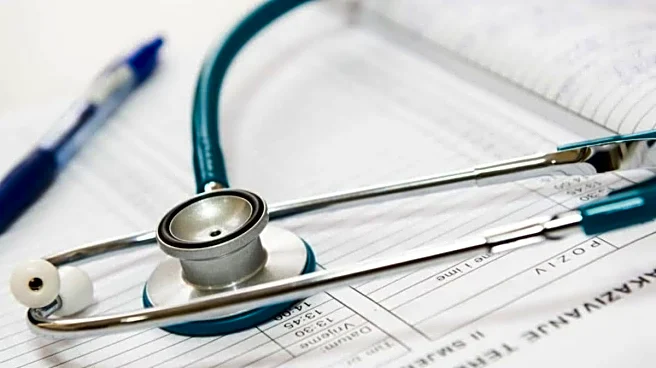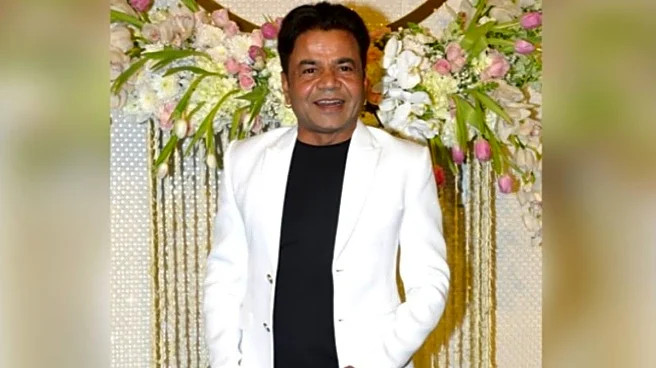Over the past decade, India has significantly increased the number of medical colleges and their available seats. The central government has introduced several schemes and policies aimed at establishing
“one medical college in every district.”
The National Medical Commission (NMC) has approved 10,650 new MBBS seats for the academic year 2024-25. This will raise the total number of MBBS seats nationwide to 137,600. This increase is a major relief for millions of students preparing for the NEET medical entrance exam and marks a milestone for the healthcare sector by making medical education more accessible.
India currently has a total of 137,600 MBBS seats, with significant contributions from both government and private sectors:
– Government Medical Colleges: There are now 73,300 MBBS seats in government colleges, which are preferred by most students due to their lower fees and higher value.
– Private Medical Colleges: Private institutions account for 64,300 MBBS seats, leading to intense competition. Students often seek admission through quotas or loans.
Some states have seen a particularly significant increase in MBBS seats. The following states have the most seats:
– Tamil Nadu: 11,825 seats
– Karnataka: 11,695 seats
– Uttar Pradesh: 11,250 seats
– Maharashtra: 10,695 seats
The addition of 41 new medical colleges has raised the total number of medical institutions in the country to 816, reported PTI. According to NMC Chief Dr Abhijat Sheth, of the 170 applications received for expanding undergraduate (UG) seats, including 41 from government colleges and 129 from private institutions, 10,650 MBBS seats have been approved.
For postgraduate (PG) courses, the NMC has received over 3,500 applications for new and renewed seats. Dr Sheth mentioned that the commission expects an increase of about 5,000 PG seats, bringing the total to 67,000 PG seats nationwide. The overall increase in both UG and PG seats this year will be approximately 15,000.
These major states contribute a significant portion of the country’s total medical seats. However, the government is now focusing on expanding medical colleges to other parts of the country to reduce regional disparities.
Increasing the number of MBBS seats will have several positive impacts on India’s healthcare system:
– Improving the availability of doctors: This will help achieve the doctor-patient ratio of 1:1000, as recommended by the World Health Organisation (WHO).
– Benefits to rural areas: More doctors will allow for expanded medical services in rural and semi-urban areas.
– Access to education: Students will have the opportunity to enrol in medical colleges near their home state, reducing the need to travel far for their studies.












